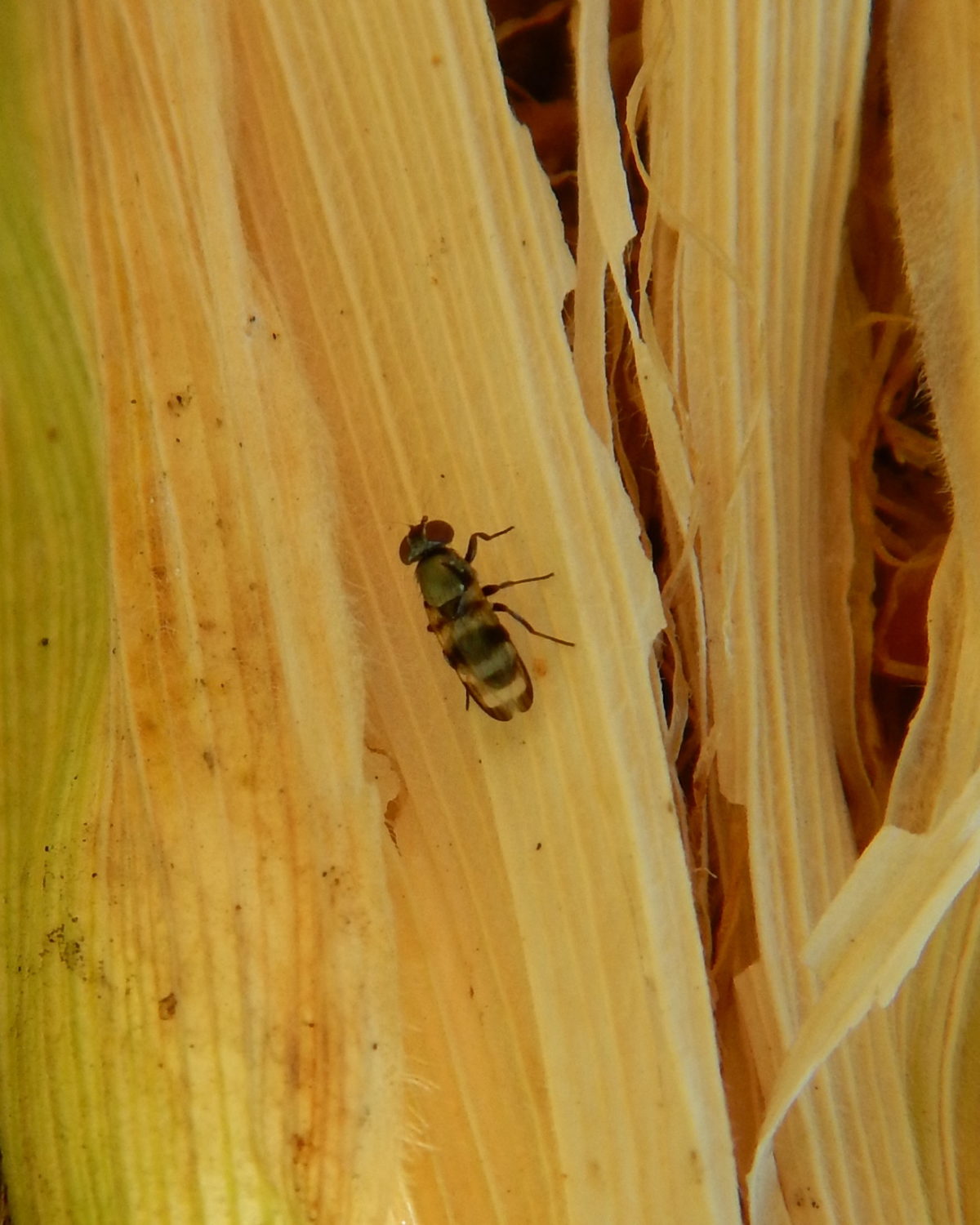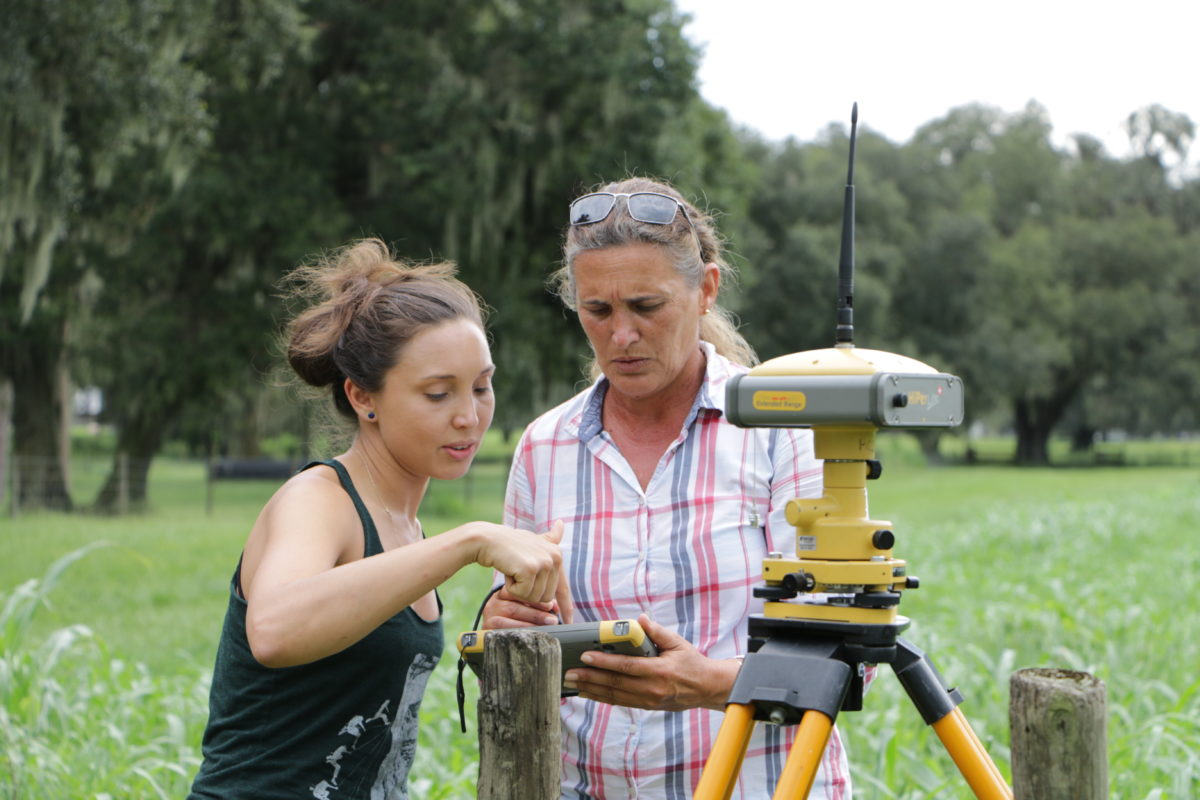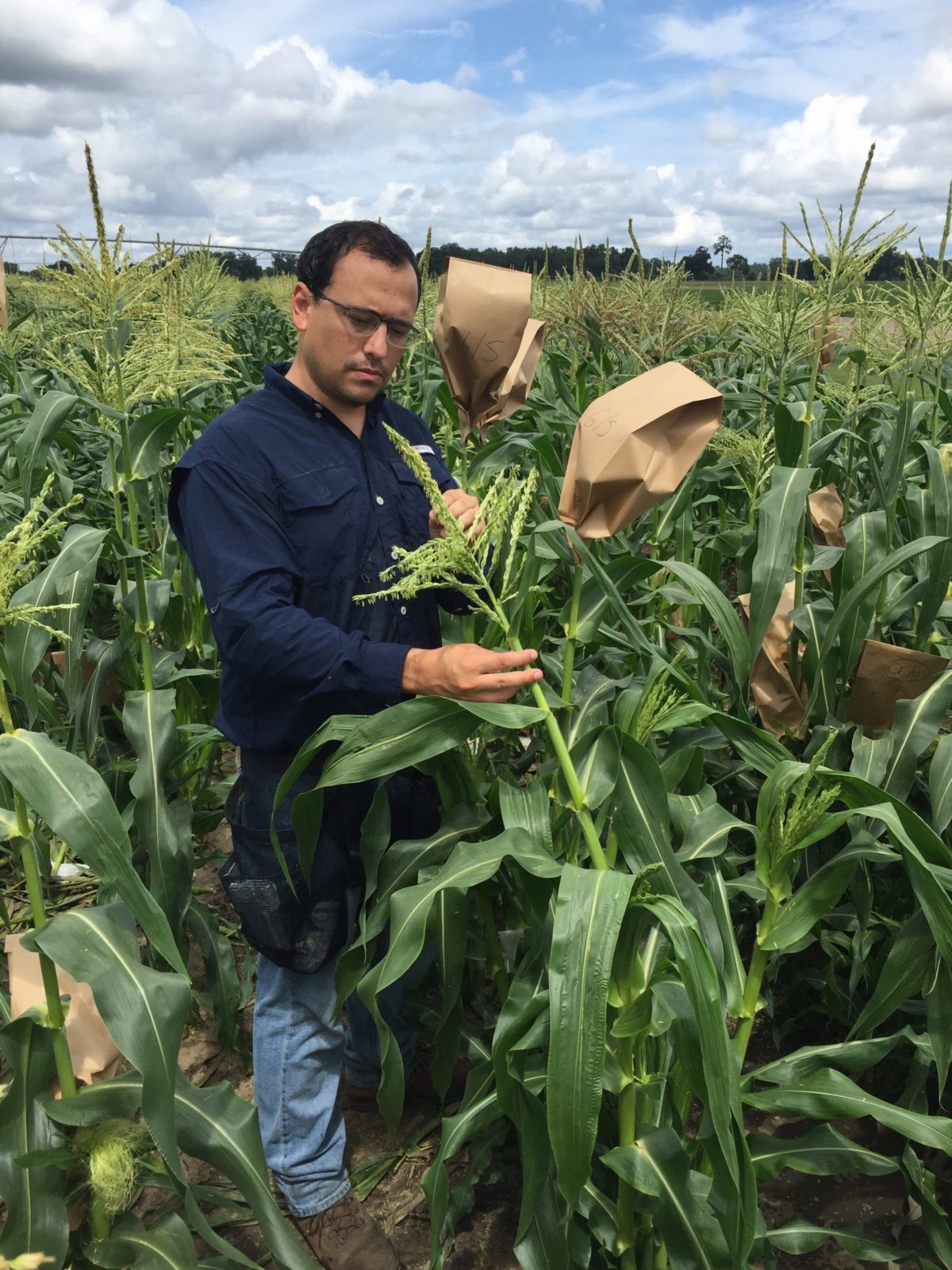By Ashley Robinson Excessive nutrients in waterbodies, such as nitrate-nitrogen (N), have been one of the major issues in unconfined regions underneath the Upper Florida aquifer. This can be attributed to farmers applying excessive N fertilizer with the hope of obtaining higher yields. Therefore, the implementation of Best Management Practices (BMPs) such as proper irrigation and N management is required …
The Day South Florida Agriculture Changed
Submitted by Gene McAvoy, Regional Vegetable Extension Agent IV Emeritus with UF/IFAS “Up to the end of Feb our growers were having a banner year and it looked like this season would be one of those homeruns that come around every 5-6 years.” Here is a report that I prepared on the state of S Florida ag and shared with …
FDACS Agricultural and Seafood Availability Notice
(HCCGA) — FDACS has created the attached form for producers to fill out with their product availability. Once submitted, FDACS will utilize to forward to their Fresh From Florida contacts, as well as the Florida Department of Corrections, food banks and make connections with other State Departments of Agriculture in hopes of providing market opportunities to move product during the Coronavirus …
Managing Sweet Corn Silk Flies
Silk flies are a major pest for South Florida sweet corn growers, but Julien Beuzelin, assistant professor at the University of Florida’s Everglades Research and Education Center, is working to lessen the threat these pests pose. He gave an overview of his silk fly research at the recent Vegetable & Specialty Crop (VSC) Expo. According to Beuzelin, there are three …
Working Toward Disease-Resistant Sweet Corn
By Karla Arboleda Northern and southern corn leaf blights (NCLB and SCLB) are global problems. Caused by different fungi, these diseases have a history of devastating results in the United States. While the fungi that cause NCLB and SCLB have been heavily researched in field corn, scientists have only just gained traction when it comes to resistance in sweet corn. …
Battling Silk Flies in South Florida Sweet Corn
By Julien Beuzelin South Florida sweet corn growers continue to face two major insect problems: fall armyworms and corn silk flies. The two pests can be devastating, but corn silk flies are more challenging to manage than fall armyworms under current production practices. Three silk fly species have been reported to cause the majority of the damage: Euxesta eluta, Euxesta …
UF Student Helps Design Corn Maze at Local Farm
Farmers and ranchers across Florida are fighting lack of consumer education on food systems by opening their properties to the public in a practice called agritourism. Agritourism allows non-farming folks to learn about the day-to-day operations of a working farm and see first-hand where their food comes from. One such farm is the Single R Ranch in Plant City, Florida. …
Exploring Alternative Crops for Hastings, Florida
By Breanna Kendrick Hastings is the potato capital of Florida, but local potato growers recently have been facing marketing challenges and contract reductions. Therefore, interest in alternative crops for the region is growing. Gary England, director of the University of Florida’s Hastings Agricultural Extension Center, and his team have been researching alternative crops for the Hastings area. They are conducting …
University of Florida Aims to Improve Sweet Corn
By Breanna Kendrick There’s been a lot of advances in using genomics to help improve plant breeding. Most of the advances in corn have focused on field corn, but now researchers are aiming to improve sweet corn. Mark Settles, University of Florida (UF) horticultural sciences professor, and his team are working to find new traits for sweet corn growers and …
UF Scientists Hope to Breed Better-Tasting Sweet Corn
University of Florida (UF) scientists plan to use a $7.3 million, four-year grant from the U.S. Department of Agriculture National Institute of Food and Agriculture (USDA NIFA) to find the genetic traits that will make sweet corn taste even better, last longer and grow better across the nation. Mark Settles, a professor of horticultural sciences at the UF Institute of …












